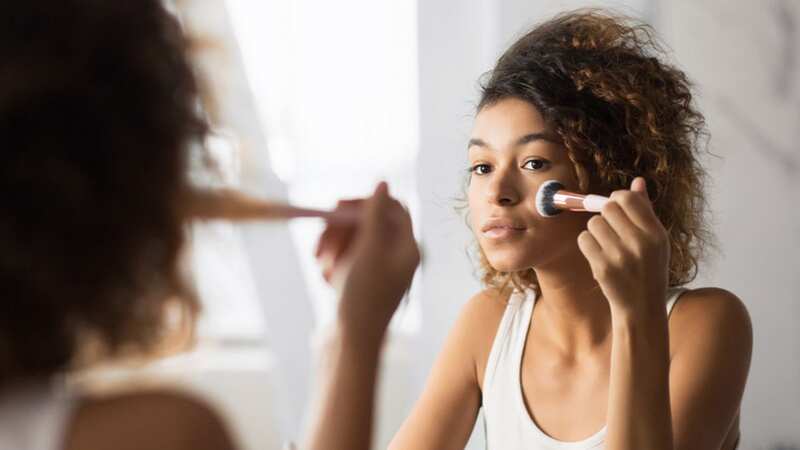

Many people can admit to not cleaning their make-up brushes as often as they should, but there's another mistake that people make that could cause serious health issues.
How do you store your make-up? If, like many others, you keep yours tucked away in a cosmetics bag, you could be risking inviting bacteria, blemishes and more to your skin.
While you might think storing it away is a good idea, it turns out it's doing more harm than good - and it's pretty eye-opening. Saffron Hughes, the makeup artist at FalseEyelashes.co.uk, explained: "Dead skin cells and bacteria from your brushes are transferred to your make-up bag after every application. Shockingly, researchers have found that 90% of make-up bags are contaminated with superbugs, such as E.coli, due to improper cleaning."
Instead, the make-up artist recommends storing your beloved cosmetics item in a drawer or dressing table. This will not only ensure they are less likely to contaminate your toiletry bag but can make your setup look rather glamorous. This is a lot more hygienic, as the robust surfaces are easier to clean than fabric.
You can easily clean the potentially germ-infested area with a mild solution of soap and water, and wipe away with a microfibre towel. Simply rub until any marks have been removed, and rinse well with clean water before drying with a towel.
 Kate Middleton swears by £19.99 rosehip oil that helps 'reduce wrinkles & scars'
Kate Middleton swears by £19.99 rosehip oil that helps 'reduce wrinkles & scars'
Another thing you should avoid doing is leaving the lid of your make-up products off, as it's a silent invitation to bacterial growth. The make-up artist urges beauty lovers to make sure the lids are tightly shut to prevent moisture from entering the product. Because humid conditions are ideal for bacterial growth, you should also avoid storing your make-up in bathrooms.
You may already know that you should be cleaning your make-up brushes, but according to the expert, you should also clean your products to avoid spreading skin infections. Saffron explained: "While everyone knows the importance of regularly cleaning their make-up brushes, dust, dead skin cells and product build-up can accumulate on your beauty products themselves. The same study previously mentioned found that E.coli, fungus and staphylococcus aureus, otherwise known as a staph infection can be found on beauty products - all of which can cause skin infections."
If you have any worries that you have a skin infection, you should speak to a pharmacist or a GP.